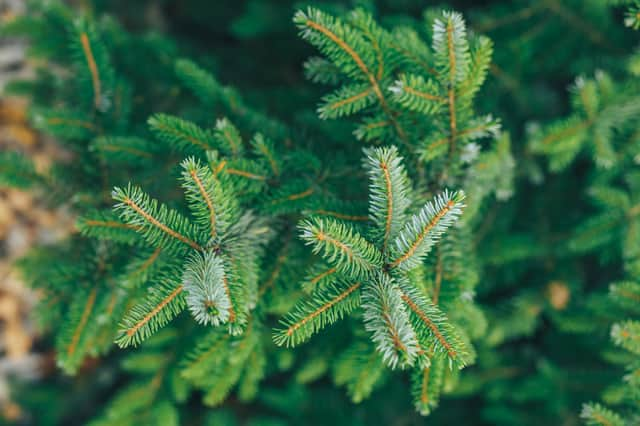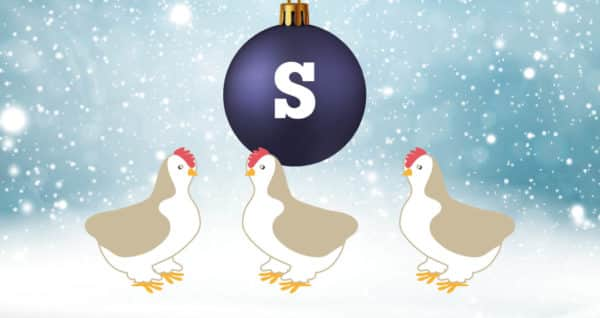How to spot Christmas tree bugs - and how to get rid of them


12 Days of Christmas competition
To celebrate the countdown to Christmas we have launched a special festive competition to help you have a happy New Year.
Five winners of our 12 Days of Christmas winter word search will receive an engraved, hand-crafted Bailey bracelet worth £230 and a Cockburn’s Port ‘big night in’ hamper.
Advertisement
Hide AdAdvertisement
Hide AdAll you have to do is find the letter included in the special 12 Days of Christmas content running each day in the Christmas sections of our top JPIMedia websites from December 13-24 and put them together to find a suitable word for this special time of year.
Although we know the 12 Days don’t begin until December 25 we were so excited that we thought we would start the celebrations early.
As Christmas trees are decorated in households around the country, families are getting ready to get into the holiday spirit.
However, if your tree is real, it could bring with it a host of little bugs, waiting to enjoy the comforts of your home. Here’s everything you need to know about Christmas tree pests and how to get rid of them safely.
Common types of Christmas tree bugs
Advertisement
Hide AdAdvertisement
Hide AdThere are a few types of bugs that could make themselves at home in your festive decoration. Here are the common ones to keep an eye out for:
Aphids
These are little black bugs that love to suck the sap from your tree. They look similar to ticks, and are typically a few millimetres in length.
Adelgids
These will resemble a dusting of snow on your tree, and will be found on the needle bases. They are most common in fir trees, white pine and Scotch pine.
Pine needle scale
These tiny little eggs look like small, white specks on your tree’s needles - almost like white paint. You must be careful if you see a lot of them, as the tree’s needles will drop early and - if the eggs hatch - small red bugs will appear.
Spiders and mites
Advertisement
Hide AdAdvertisement
Hide AdSmall red and brown spiders may appear on your tree. Mites can cause your needles to prematurely drop, and make red strains on ornaments or carpets.
Bark beetles
These tiny bugs are about the size of a grain of rice. They are brown and black in colour, and feed on stressed trees. They will pose no threat to your furniture or wood in your home.
Should I worry if I find bugs in my Christmas tree?
The short answer is, no.
Bringing in a natural plant into your home will invite natural insects to find food and comfort. These bugs won’t harm you.


When dealing with the spiders, it may not be a bad idea to wear gloves, as some spiders do have a tendency to bite.
How do I get rid of Christmas tree bugs?
Advertisement
Hide AdAdvertisement
Hide AdIf the bugs are already out of the tree and around the house, a good way to pick them up is by using a vacuum cleaner. Once you have collected them, you can empty the vacuum bag or canister into a bin outside the house.
If you have aphids on your tree, spraying cold water can sometimes dislodge the bugs from the leaves.
If you notice a large infestation of tree bugs, you should consider taking your tree back to where you bought it from, and swapping it for a new one. Some retailers offer refunds on infested trees.
Be careful when using insecticides on or around your Christmas tree, as they could potentially be flammable, and increase the risk of your tree catching fire. Heat from Christmas lights can also cause this problem.
How do I prevent Christmas tree bugs?
- When choosing a tree, examine the undersides of the branches and trunk, and prune any branches with egg cases or bird nests
- If you have a garage, store the tree in there for a few days and check for any bugs before taking it into the house
- Shake the tree vigorously over a large sheet to dislodge any bugs
- Dust your tree with bug spray or neem oil to kill any bugs still on the tree
- Inspect your tree regularly with a torch to look for insects or bugs